Public History and Heritage Today: People and their Pasts
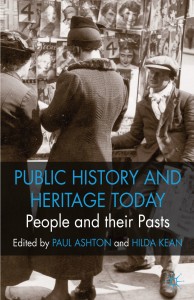 The first edition of People and their Pasts. Public History Today as one reviewer Adam Gutteridge acknowledged, was not about rigid definitions of public history but rather, ‘what does public history look like?’ As such the collection was concerned with interrelationships between ‘between national, state or élitist versions of the past, and the ways in which individuals and smaller social groupings remember and imagine the past, often privileging the personal over and above abstract notions such as nation and patriotism’ as Lucy Noakes has put it in her review of the hardback.I am pleased that a review of the paperback in the Australian journal Agora that describes the book as a ‘valuable contribution to the dynamic field of Public History’ also discusses its relevance to the teaching of history in schools.
The first edition of People and their Pasts. Public History Today as one reviewer Adam Gutteridge acknowledged, was not about rigid definitions of public history but rather, ‘what does public history look like?’ As such the collection was concerned with interrelationships between ‘between national, state or élitist versions of the past, and the ways in which individuals and smaller social groupings remember and imagine the past, often privileging the personal over and above abstract notions such as nation and patriotism’ as Lucy Noakes has put it in her review of the hardback.I am pleased that a review of the paperback in the Australian journal Agora that describes the book as a ‘valuable contribution to the dynamic field of Public History’ also discusses its relevance to the teaching of history in schools.
The 15 essays (and new introduction for the paperback) are part of a debate on the way in which people connect with the past. While Paul Ashton and I as editors of the book situated such debates within a framework of public history others discussed these ideas in the context of heritage. Thus the publishers suggested altering the title for the paperback edition to Public History and Heritage Today to reach a wider audience. However, the sub-title remains ‘people and their pasts’ and this retention is important. The book is influenced by the pioneering work of the late Roy Rosenzweig and David Thelen in their analysis of Americans’ engagement with their own pasts –The Presence of the Past: Popular Uses of History in American Life.
The cover image has also changed for the paperback from the wonderful modern image by photographer Julian Germain to an engaging anonymous image taken in 1938 of The Cut market, near London’s Waterloo station. Playing in different ways with the idea of looking or not looking it was suggested by Jon Newman joint head of archives at Lambeth Council and a contributor to the collection. This exemplifies, yet again, the expertise archivists bring to different creations of knowledge – a form of knowledge that is, sadly, too often ignored in the times in which we live.
The hardback was far too expensive for most individuals and even academic libraries in these straightened times blanched at the price. £19.99 is still not affordable for many interested in the past but should be within the budgets of more institutions.
It can be purchased from Palgrave through this link .



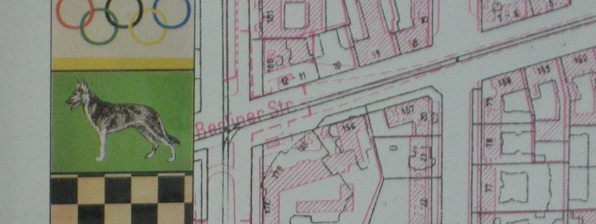




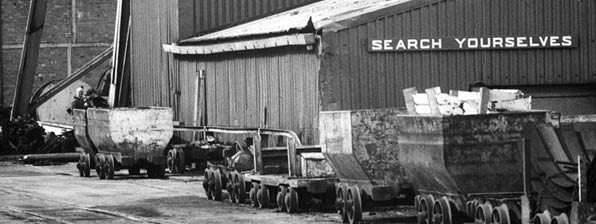

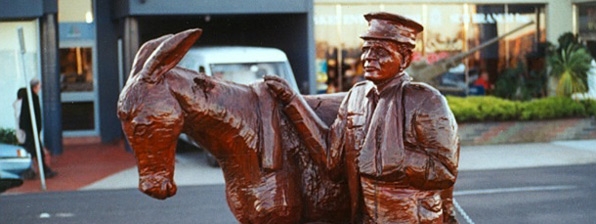





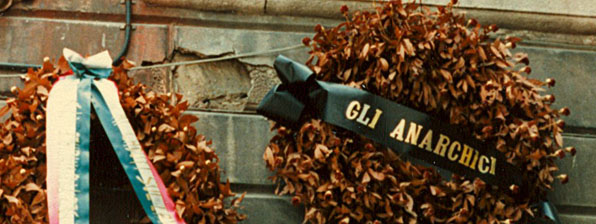
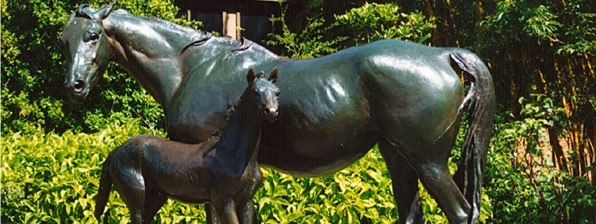




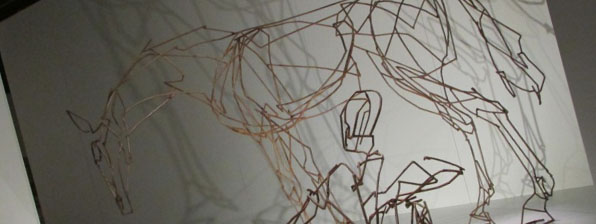
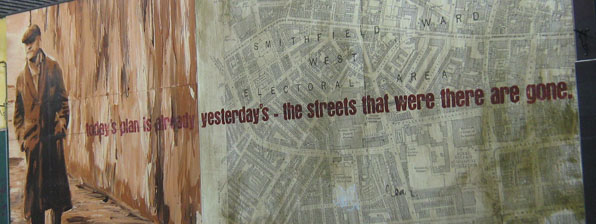



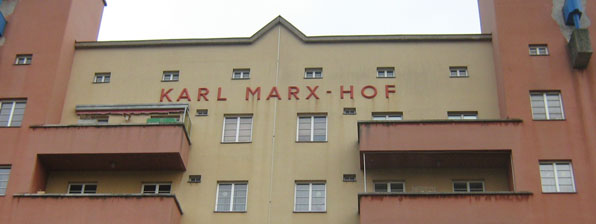






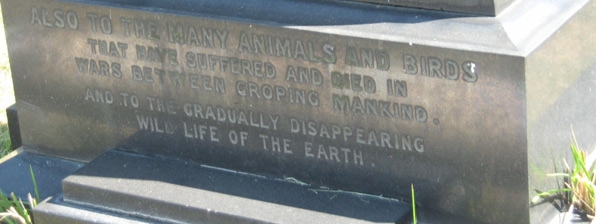

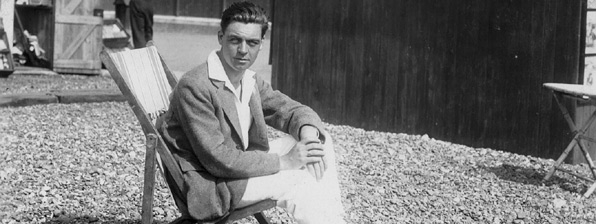





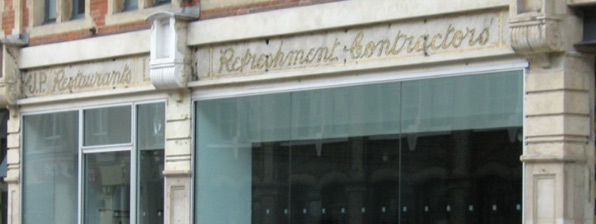

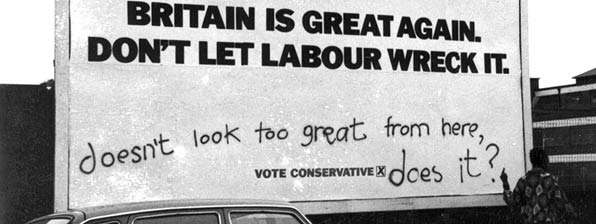



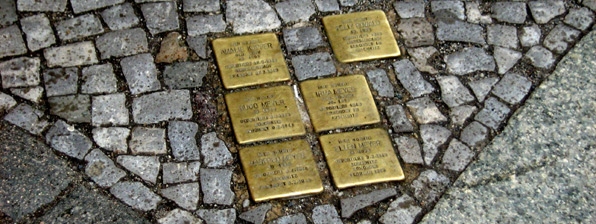



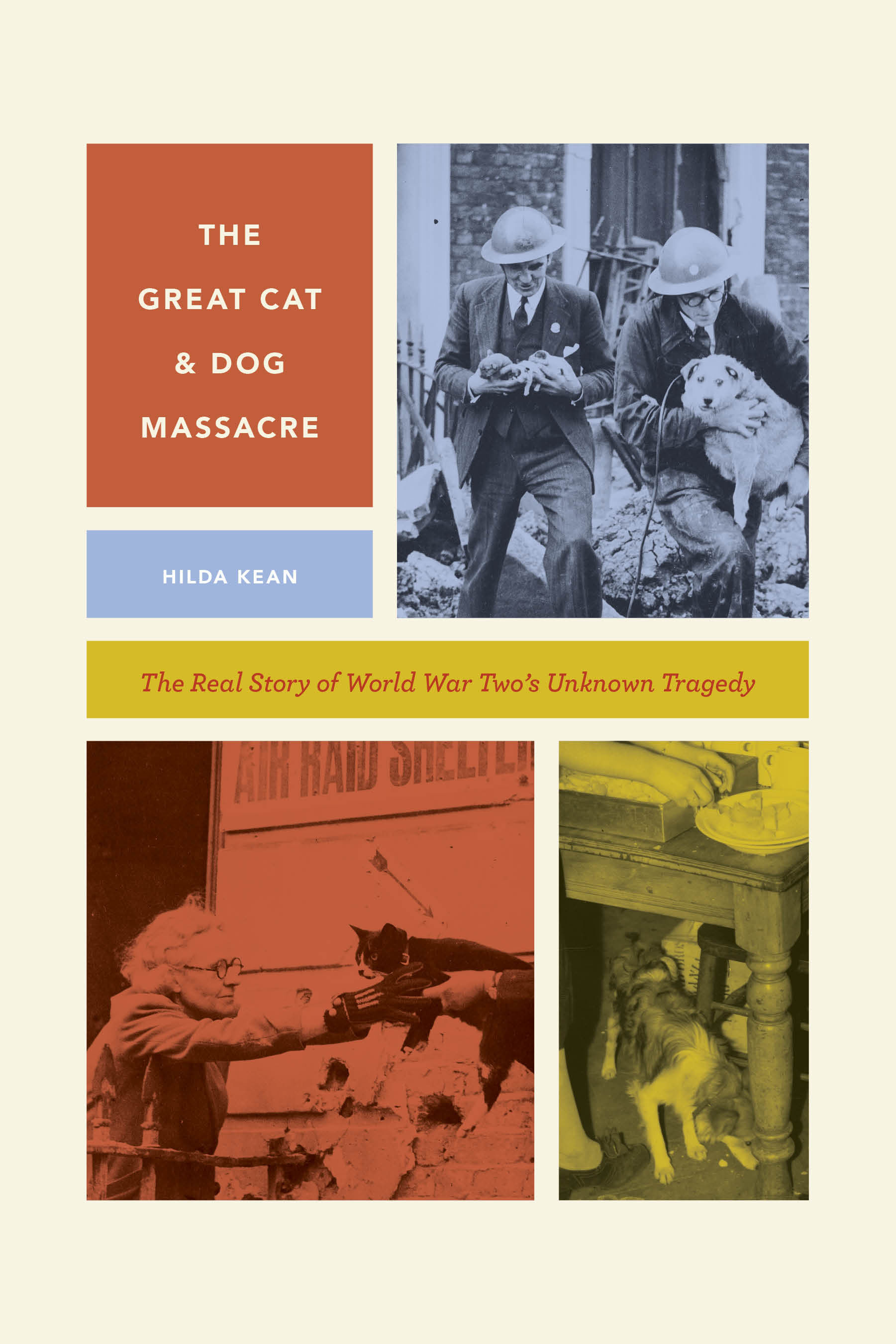
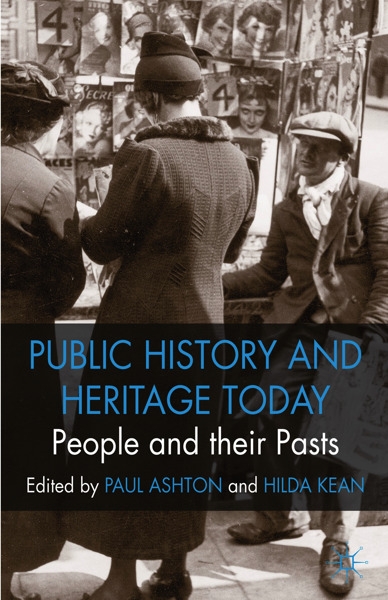

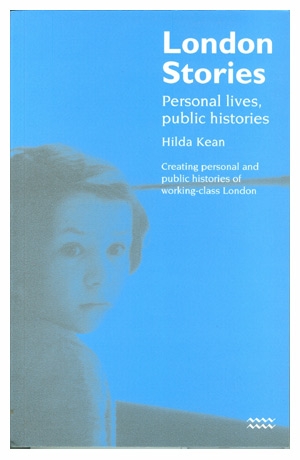

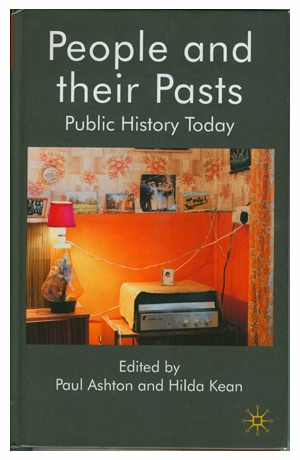
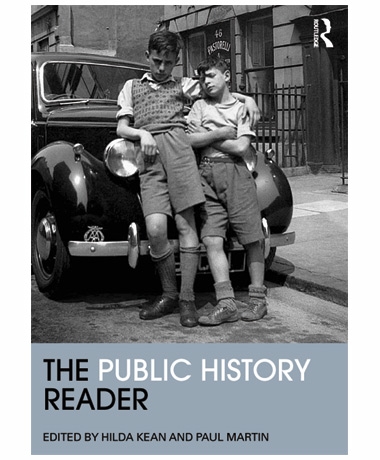




Leave a Reply